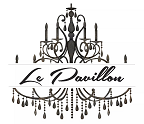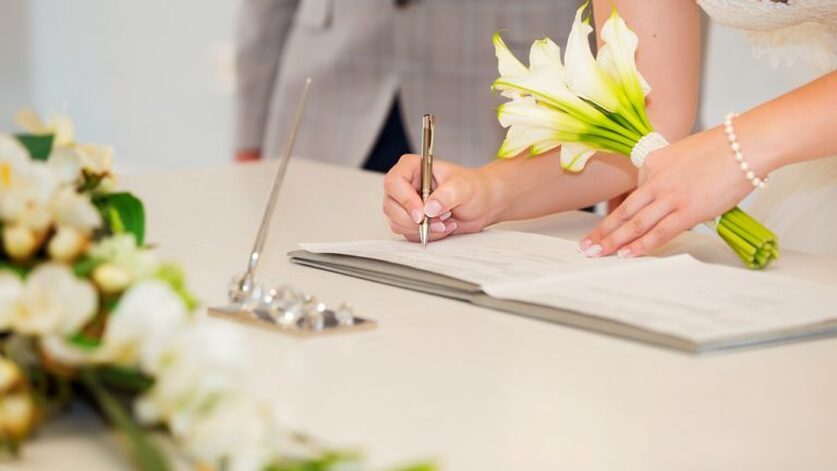|
Every wedding needs an officiant. The person that “ties the knot”, declares a couple, “husband and wife”, the one that signs the marriage certificate binding a couple together is an important choice for the ceremony. Regardless if the nuptials take place in a temple, church, mosque, garden, wedding venue, or courthouse, the person who pronounces you married is someone that needs to be selected with some scrutiny. If, as a couple, you practice one of the big 5 religions: Buddhism, Christianity, Hinduism, Islam, or Judaism, your particular affiliation has officiants in place for the union of two spirits. You need only visit with one of the religious leaders at their place of worship and adapt that ceremony to your personal tastes. Some couples come from different religious backgrounds and want a blending of officiants to unite them. These couples, with their officiants, partake in a marriage ceremony that borrows customs from both backgrounds and traditions to satisfy the wants of the couple and the needs of the church to make certain the marriage is legal and recognized. It is estimated that 37% of the United States population claims no religious affiliation. If you don’t want a minister to marry you, you’ll need to find a justice of the peace, judge, or licensed individual to administer the vows that unite two into one. How do you decide who will officiate at your wedding ceremony? Take these things into consideration: Can the person legally marry you and have the union recognized in the State in which you live? Inquiring at the courthouse or with your wedding venue staff is a good place to start. Do you want to be married by an officiant of your religious affiliation or by a layperson? If this is of concern to you, you may have to do some research to find out if there are any requirements of the officiant that you desire to marry you. Is there someone among your family members or friends that can officiate? Having a friend or family member who is licensed to marry can make for a more personal experience for all involved. What type of ceremony and vows do you wish to exchange? Again, discuss with your potential officiant to make certain that they will administer vows that are personal and meaningful to you. Does the potential wedding officiant invite you to meet with them to answer your questions about the type of ceremony they would perform? What are the fees expected for the service? The answer to this question may help you eliminate potential officiants. If you want to use a combination of officiants, will that be allowed and in what manner will these traditions and beliefs be melded into the marriage ceremony? When it comes to a wedding ceremony many things will be remembered, but no one person aside from the couple will make such an impact on the occasion as the officiant. We recommend you do your research and choose wisely. If you are looking for the perfect wedding location be sure to add Le Pavillon at Parc Lafayette to your list. TAGS: private event venues, private event spaces, wedding venues lafayette la, reception venues lafayette la
2 Comments
2/12/2022 01:21:24 am
Thank you for explaining that a wedding officiant can administer vows that are unique and significant to you. My friend wants a traveling Jewish ceremony officiant for her wedding. I should advise her to choose an ordained cantor for Jewish weddings.
Reply
Thanks for pointing out that we need to discuss with the officiant what kind of ceremony we will be having to ensure that they cater to what we want. I will share this tip with my partner now that we need to book backyard wedding officiant services here in Phoenix, Arizona, because we are saving money for our honeymoon. So we want a simple ceremony in our backyard so that we do not have to book a church anymore.
Reply
Leave a Reply. |
AuthorUseful wedding and special event planning information. Archives
May 2024
Categories |
Le Pavillon Reception Venues & Meeting Spaces in Lafayette, Louisiana
IMPORTANT LINKS |
OUR ADDRESS
|


 RSS Feed
RSS Feed